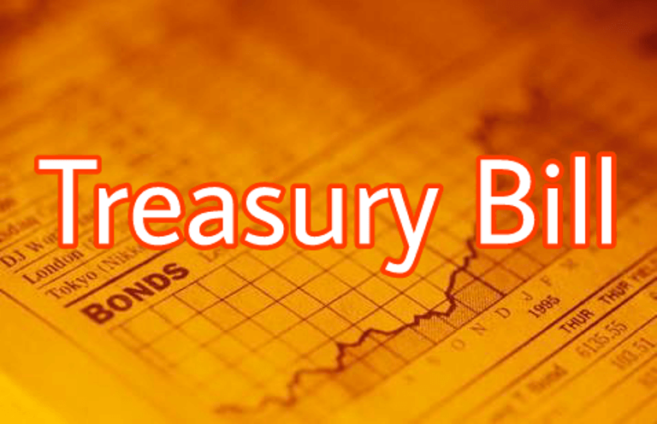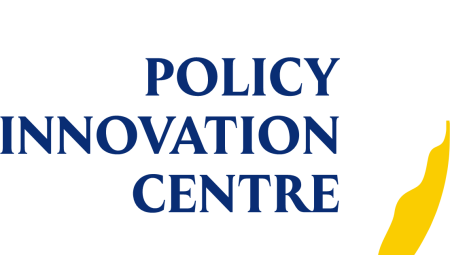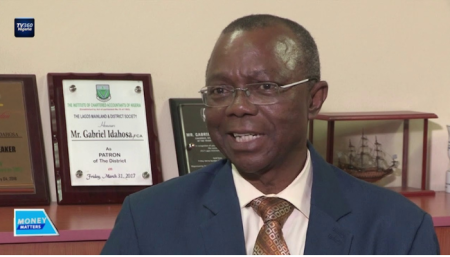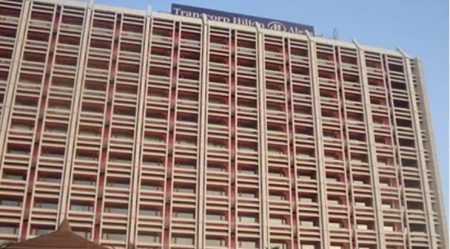Ghana’s fiscal landscape has experienced a significant positive shift in the first half of 2025, marked by substantial savings in domestic interest payments and a notable decline in Treasury Bill rates. Finance Minister Dr. Cassiel Ato Forson attributed this encouraging development to the government’s prudent debt management strategy and renewed investor confidence in the domestic market. The impressive GH¢4.9 billion saved in interest payments underscores the effectiveness of these measures and signals a strengthening of the country’s economic position. This fiscal turnaround is not merely a technical adjustment but a tangible improvement reflected in key financial indicators and, importantly, in the pockets of businesses and borrowers.
The revitalized investor confidence is clearly demonstrated by the dramatic drop in Treasury Bill rates across all maturities. The 91-day T-Bill rate experienced the most significant decline, plummeting by 13.2 percentage points from 27.7% in December 2024 to 14.7% in June 2025. This substantial reduction reflects a growing belief in the stability and future prospects of the Ghanaian economy. Similarly, the 182-day and 364-day T-Bill rates also experienced significant declines of 5.06 and 14.19 percentage points respectively, further solidifying the narrative of renewed market confidence and effective debt management. These positive trends indicate a reduced risk perception associated with lending to the government, enabling a more favorable borrowing environment.
The impact of this improved fiscal landscape extends beyond government finances and resonates across the broader economy. The Ghana Reference Rate, a benchmark for lending rates across commercial banks, has fallen from 28.31% to 24%. This decrease has a direct and positive impact on borrowing costs for businesses and individuals. Mirroring this trend, average lending rates across the banking sector have also eased considerably, falling from 30.3% to 24%. This reduction provides much-needed relief to borrowers, encouraging investment, stimulating economic activity, and potentially contributing to job creation.
The Mahama administration has emphasized its commitment to maintaining this positive momentum through a combination of responsible fiscal policies, structural economic reforms, and targeted investments aimed at promoting sustainable growth without jeopardizing macroeconomic stability. This approach suggests a focus on balancing fiscal prudence with strategic investments that stimulate economic activity and address critical development needs. The emphasis on maintaining macroeconomic stability underscores the government’s awareness of the delicate balance required to foster growth while managing inflation and other economic challenges.
The significant savings in interest payments provide the government with greater fiscal flexibility, allowing for increased allocation of resources to crucial sectors such as education, healthcare, and infrastructure. This, in turn, can contribute to improved social welfare and long-term economic development. Furthermore, the reduced borrowing costs for businesses create a more conducive environment for private sector growth and investment, potentially leading to increased productivity, innovation, and job creation.
In conclusion, the positive trajectory of Ghana’s economy in the first half of 2025, characterized by significant savings in interest payments and declining lending rates, paints a promising picture for the nation’s future. The combination of prudent debt management strategies, renewed investor confidence, and a commitment to responsible fiscal policies has created a virtuous cycle of economic improvement. Sustaining this momentum will be crucial for realizing the full potential of these positive developments and ensuring long-term economic prosperity for Ghana. The government’s ongoing efforts to implement structural reforms and promote targeted investments are essential steps towards achieving this goal and building a more resilient and inclusive economy.













